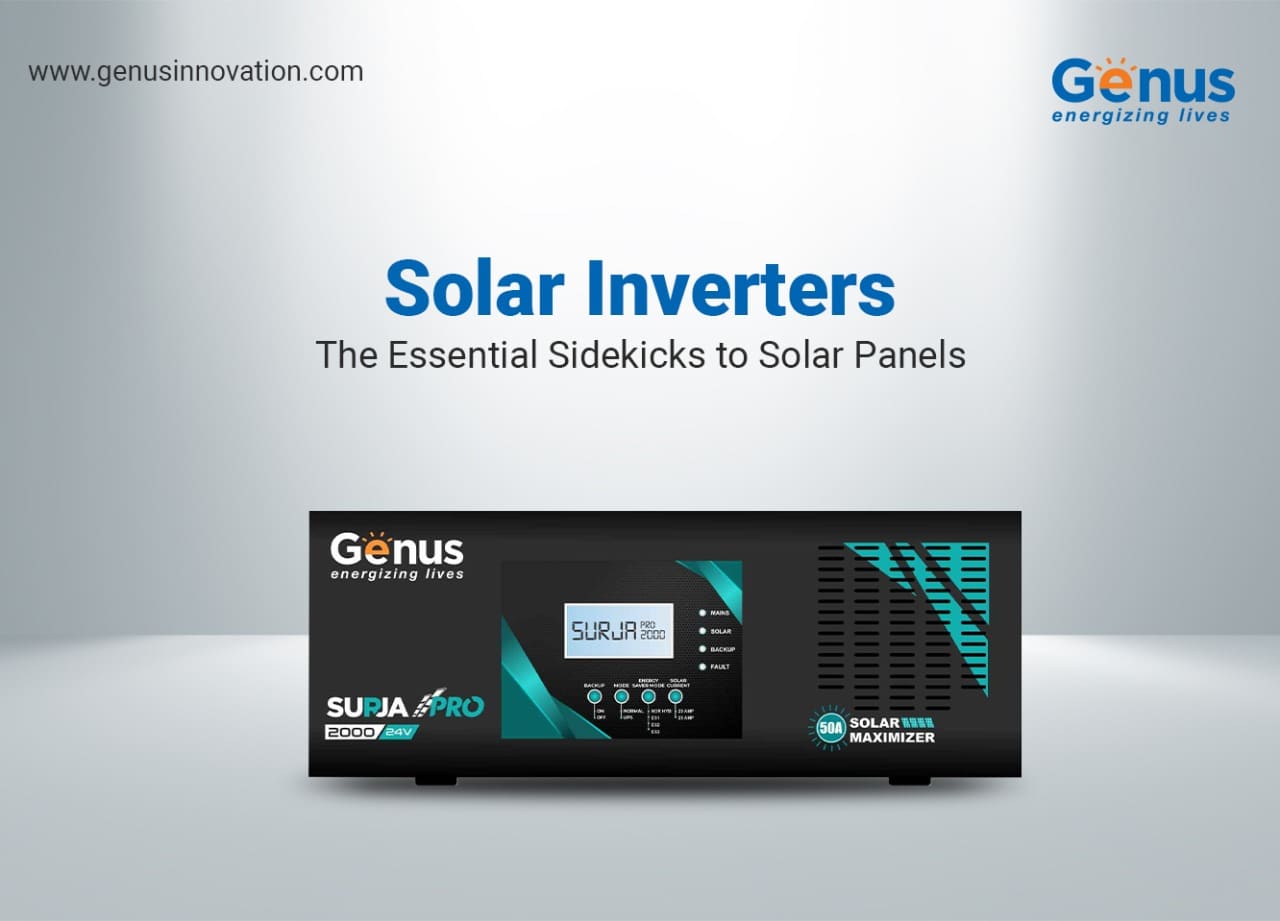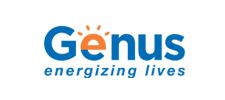
As the never-ending struggle for cost-effective, green and renewable energy grows more desperate, thanks to the increasingly unstable climate and depleting resources, the demand for solar panels is bound to see a bump, especially in the residential context.
Yes, in the face of rising energy costs, many homeowners are now looking toward alternate sources of power. If you too belong to that merry band, it’s important to know that you’ll also need devices such as a solar inverter for home as a part of the setup.
As a matter of fact, a solar inverter is crucial to the assembly as much as the panels.
To help you familiarize yourself, here’s an in-depth guide on these essential devices.

What is a Solar Home Inverter?
In a solar power setup, the panels generate electricity by converting the incoming energy from the photons into electric current. However, most homes are rated for AC (alternating current) power supply. And the power that panels generate is in DC (direct current) form.
This supply mismatch needs to be rectified by a sort of middleman, which in the case of a solar power setup, is your solar inverter.
To reiterate, it converts the DC supply from the solar panels into a device-friendly AC supply, which allows you to run your household appliances via the energy from the sun. The how is where it gets a bit technical.
But for all intents and purposes, a solar inverter employs two transistors that switch polarity rapidly, which imparts the alternating property to the DC supply.
Types of the Solar Home Inverters
Here are some of the common types of solar inverters:
-
Battery Inverters
A battery inverter is the best option if you need to retrofit a battery into your solar system or want to keep your panels and battery separate.
A battery inverter works like any other inverter, and converts your battery power into AC and feeds it into your switchboard.
-
Hybrid Inverters
Hybrid inverters, also known as ‘multi-mode inverters’, allow you to connect batteries to your solar system.
It is connected to the batteries via ‘DC coupling,’ where both the solar system and batteries use one inverter and the DC supply from the solar panels charges the connected batteries through a DC charger.
-
Central Inverters
If you have systems that require hundreds of kilowatts of energy a central inverter will work best for you. As you may have guessed, these aren’t a good fit for residential use, unless you have heavy machinery in your home. Also, these have a huge form factor, which, again, makes them unfit for home use.
Get reliable, long-lasting, and highly efficient solar products for home at Genus and redefine your energy usage from top to bottom.
-
Microinverters
As evident by their name, microinverters have a compact form factor (the size of a book!) and the ratio of the number of solar panels to microinverters is 1:1. This allows power optimization for each panel, which helps in generating more energy, especially in dim or overcast conditions.
-
String inverters
Last comes the string inverter, which is considered the most popular solar inverter for home. And every solar installation has one string inverter. The string in the nomenclature arises from the fact that one inverter has a string of solar energy panels connected to them.
Turn to Genus Innovation for the Best Solar Products for Home
Now that you are aware of what a solar inverter is, how it works, and its many types, it’s time that you start looking for high-quality inverters.
You can never go wrong in that regard with Genus Innovation’s top-of-the-line solar products, designed for maximum efficiency, durability, and value for money. To get a complete picture, get in touch with us.
